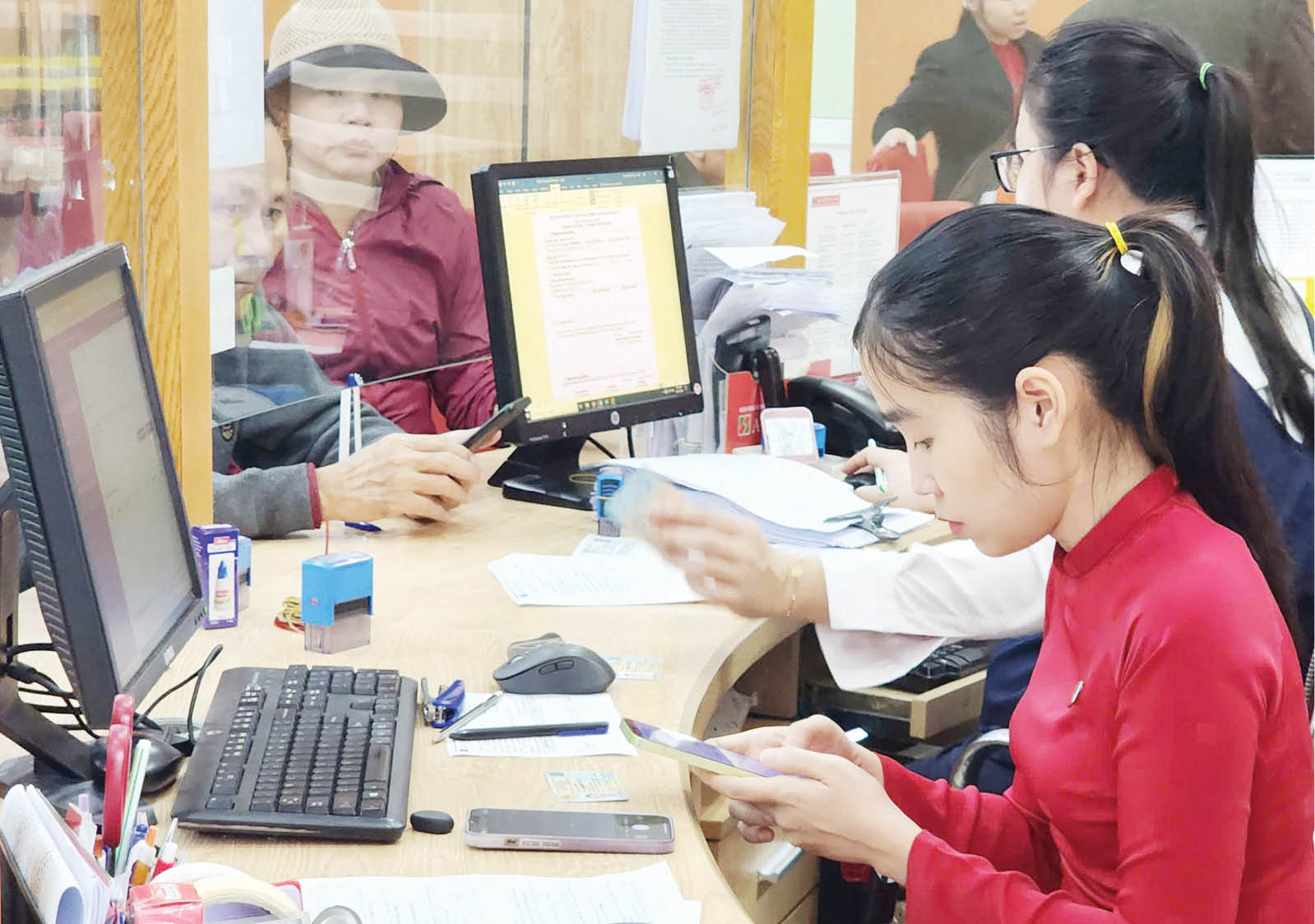 |
| Bank payment transactions are accepted for VAT deduction. |
Many conveniences when paying without cash
E-commerce is no longer strange to people and businesses, as the rate of e-commerce has been growing continuously in recent years. Data from the State Bank of Region 9 shows that the total number of ATM and POS transactions in the area in 2024 increased by 26%; the total number of transactions via Mobile banking increased by more than 166%; via Internet banking increased by 28% compared to 2023.
These payment transactions not only bring many conveniences to people, but also support businesses to make payments more conveniently. Accordingly, businesses will control cash flow better, limit losses and avoid errors in transactions. The application of the entire method of electronic payment also helps accountants to be more transparent in accounting, check transactions easily and better meet tax and auditing requirements. Accordingly, the Government , the State Bank as well as relevant agencies have had many solutions to promote electronic payment in the business sector.
According to the Tax Department of Region XII, the Law on Value Added Tax (VAT) No. 48/2024/QH15 dated November 26, 2024 of the National Assembly , effective from July 1, 2025, will have many new points. In particular, the content that many businesses are interested in is changing the conditions for deducting input VAT. Specifically, businesses purchasing goods and services under VND 20 million must have a TTKDKD document. While previously, there was a regulation that goods and services purchased each time with a value of less than VND 20 million did not need a TTKDKD document to deduct VAT.
Enterprises must conduct transactions through the banking system or digital payment platforms to ensure input VAT deduction conditions. This regulation is expected to reduce tax evasion and at the same time increase transparency in financial management.
Proactively change payment methods
At the training course to improve tax management capacity in 2025 and notes on tax policy in 2024 recently organized by the Tax Department of Region XII, some enterprises said that the requirement to have TTKDKDV documents for goods and services to meet the conditions for input VAT deduction causes difficulties for enterprises. Because, enterprises often have the habit of paying small amounts such as: Purchasing supplies, entertaining guests... in cash or payment through personal accounts. The reason given by enterprises is that the current payment infrastructure is not yet adequate, and cash payment for small payments is more convenient than TTKDV.
However, in reality, the current e-commerce infrastructure is very developed, not only people, businesses but also many restaurants, small businesses, even vegetable and fish sellers in the market have equipped QR codes for customers to pay more conveniently.
Ms. Nguyen Thi Thuy Nga, Chairwoman of the Board of Members of FAC Financial and Accounting Consulting Company Limited, said that encouraging e-commerce will contribute to shaping a transparent, safe and sustainable digital economy in the future. Enterprises need to clearly understand and comply with this regulation to ensure that no problems arise later. In particular, accountants need to proactively adjust their working methods and control risks early. FAC Financial and Accounting Consulting Company Limited has also fully applied e-commerce many years ago.
Ms. Nguyen Thi Thuy Nga also suggested that enterprises need to standardize the list of accepted payment methods not limited to bank transfers, with many other solutions such as corporate credit cards, corporate e-wallets, electronic payment gateways, etc. Enterprises can require individuals performing payment tasks to create personal accounts that can only serve the company's payment tasks and cannot generate other transactions. This person must sign a contract with the company with compulsory insurance and this content must be included in the financial regulations and rules of the enterprise...
At the same time, enterprises must establish a three-step cost control process: Before - during - after payment. Before incurring costs, enterprises need to have budget approval and stipulate appropriate payment methods; during the payment process, the accountant and the payment approval department must re-check the value and method to ensure compliance with the initial approval; after payment, full reconciliation documents must be stored. This is a way to help enterprises proactively control from the beginning, avoiding arrears when settling. In addition, enterprises must also proactively issue new regulations in payment activities with partners, it is necessary to include this content in the contract and guide partners to implement to minimize risks.
The Law on VAT specifies the conditions for deducting input VAT when “There is a VAT invoice for purchasing goods and services or a document for paying VAT at the import stage or a document for paying VAT on behalf of the foreign party as prescribed in Clause 3 and Clause 4, Article 4 of this Law. The Minister of Finance shall prescribe the document for paying VAT on behalf of the foreign party; there is a document for electronic commerce for purchased goods and services, except for some special cases as prescribed by the Government. For exported goods and services, in addition to the above conditions, there must also be: A contract signed with a foreign party on the sale, processing of goods, provision of services; an invoice for selling goods and providing services; a document for electronic commerce; a customs declaration for exported goods; a packing list, a bill of lading, a document for goods insurance (if any). The Government shall prescribe the conditions for deduction in the case of exporting goods through e-commerce platforms abroad and some other special cases”. |
Source: https://huengaynay.vn/kinh-te/doanh-nghiep-can-chu-dong-thanh-toan-khong-dung-tien-mat-154267.html





![[Photo] Da Nang: Hundreds of people join hands to clean up a vital tourist route after storm No. 13](https://vphoto.vietnam.vn/thumb/1200x675/vietnam/resource/IMAGE/2025/11/07/1762491638903_image-3-1353-jpg.webp)




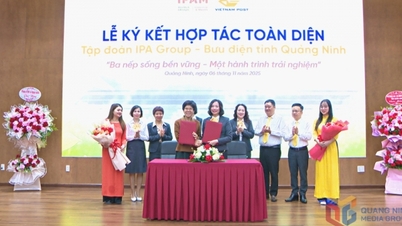











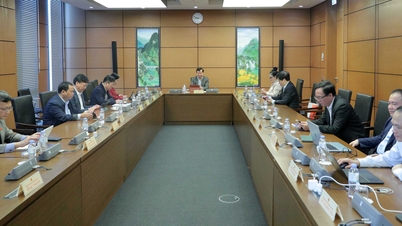

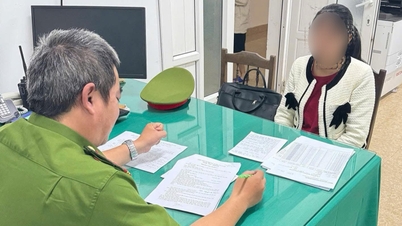























































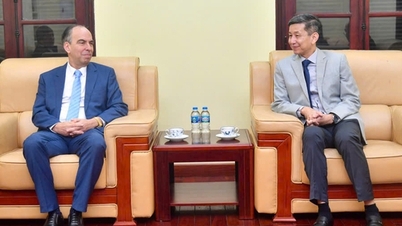
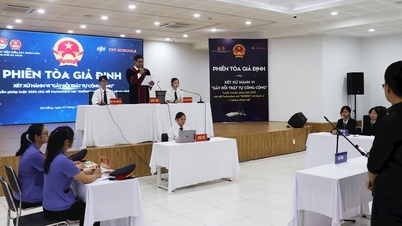



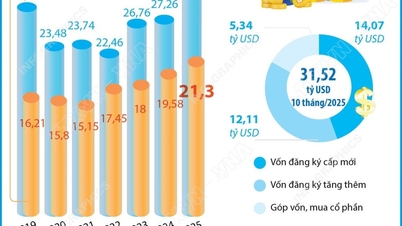


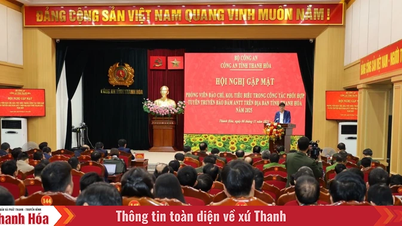

















Comment (0)